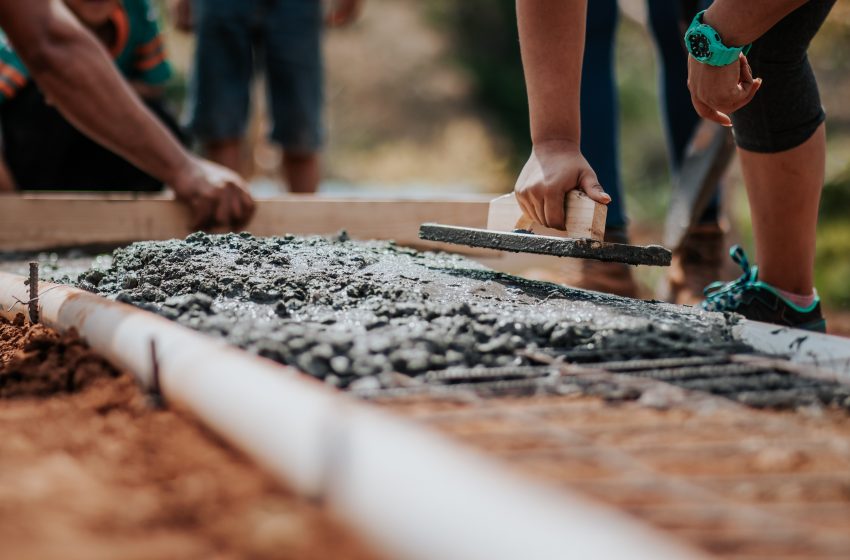Just in time for the FIFA World Cup that would be hosted in Qatar come November 21, 2022, an Italian cruise business has launched its newest luxury hotel cruise line.
MSC World Europa is slated to be used as a hotel for fans at the Qatar World Cup from November 19 to December 19 and a single night’s stay on the docked ship during the World Cup starts at $220.
The MSC Europa is the largest ship in the cruise line’s fleet, 22 decks tall and more than 150 feet wide. The ship has 2,626 cabins and over 430,000 square feet of public space, with a gross tonnage of 215,863, compared to the Titanic with a tonnage of 46,328, which is about four times less.
While those who can afford to are preparing for their luxury experience on the cruise, the Qatar World Cup, the event of the season has suffered controversies unending since the idea was first discussed in 2010.
“This was a tournament awarded unacceptably, with unacceptable consequences”, Norway’s Football Association president Lise Klaveness told FIFA Congress in Doha earlier this year. “Human rights, equality, democracy, the core interests of football, were not in the starting XI,” she added.
Asides from technical football rules of conduct that the project has many times faulted, the consequences to human lives have by far been graver.
According to Supreme Committee responsible for organising the finals, Qatar has spent over 200 billion US dollars (£177.7bn) on infrastructure since 2010. The infrastructure has largely been built by migrant labourers, whose working conditions have been the subject of a great deal of scrutiny since the beginning of the project.

In a 2021 report by the Guardian, since the project began, about 6,750 South Asian migrant labourers have reportedly died in Qatar, with labour rights advocacy group FairSquare Projects saying a “significant proportion” of those migrant workers were only in the country for the World Cup.
Critics of Qatar, including human rights group Amnesty International and Klaveness, accept there have been improvements and that labour reforms passed by the government to end the ‘kafala’ system – which effectively tied workers to an employer – are a welcome step.

However, Amnesty is less impressed with how those reforms have been implemented on the ground and have said it is “business as usual” in many ways.
Mahmoud Qutub, a senior advisor to the Supreme Committee, told the Parliamentary Assembly of the Council of Europe (PACE) in October: “Challenges remain – but there is no finish line to this work.”
Members of a UEFA working group in Qatar have also called on FIFA to follow through on promises to support the creation of a migrant workers’ centre and a compensation scheme.
Amnesty, on the other hand, has asked the global body to put up USD440 million (£381 million) towards those projects – equivalent to the World Cup prize money pot as part of its #PayUpFIFA campaign.

